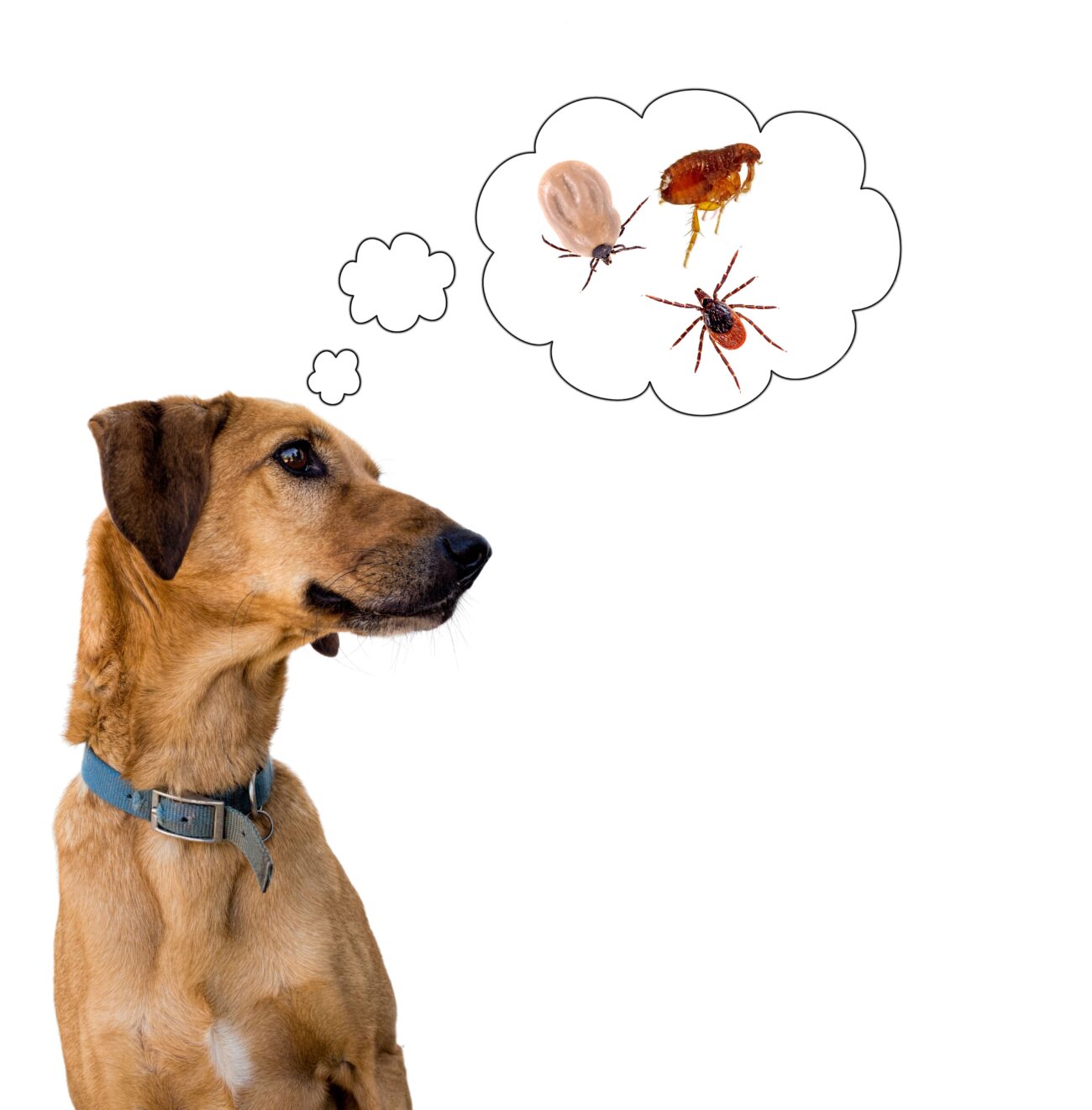Winter Fleas And Ticks: Unraveling the Seasonal Challenges
Read MorePosted on: Dec 07, 2023Luis M Pérez
While fleas and ticks are generally more active in warmer weather, they can survive winter by seeking shelter. For example, some species of ticks are adapted to survive freezing temperatures by entering a state of dormancy. Yet still, fleas may become more abundant indoors in winter, especially if they enter heated homes.

Indoor Environment
Controlled temperatures indoors can create a suitable environment for their survival and reproduction. That being said, pets can be exposed to fleas and ticks in the winter, especially if they spend time outdoors. Also, Ticks, in particular, may attach to pets during walks or outdoor activities.
Pest Diseases
Ticks can transmit diseases such as Lyme disease, and Rocky Mountain spotted fever. While the risk may be lower in winter due to decreased outdoor activity, it’s still important to be careful. Fleas have a lifecycle that includes eggs, larvae, pupae, and adults. While their activity may slow in winter, they can still complete their lifecycle indoors.
Year Around Preventive Measures
Year-round preventive measures for fleas and ticks are recommended. These pests can be active even during mild winter days. With this in mind, pet owners should continue using flea and tick prevention products and consult with veterinarians for guidance. Homeowners should consider a quarterly pest control service to protect their homes.
Questions?
For more information on Flea and Tick Control, Please email our Doctor Green Lawn Care Expert, Luis Perez, at luisp@doctorgreen.com.

